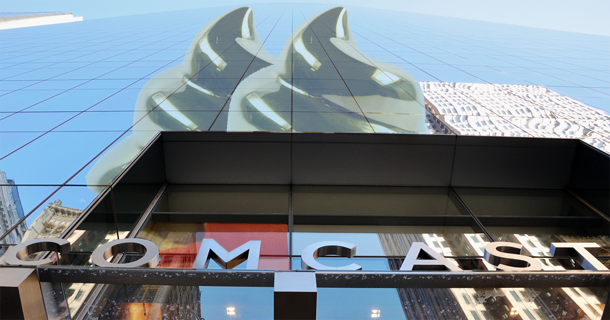Comcast, like someone on house arrest who can’t stop talking about how much he loves just staying at home, can’t shut up about its alleged “support” of net neutrality — a support that was forced upon it as a condition of its 2010 acquisition of NBC. Now the nation’s largest Internet service provider is publicly stating that it “agrees” with President Obama’s feelings on neutrality, just not the ones that actually matter. [More]
fcc

Calling BS On ISPs’ Claims That Reclassifying Broadband Will Hurt Investment
Yesterday, President Obama came out in favor of reclassifying broadband as a telecommunications infrastructure, meaning that the FCC could regulate it in the same ways it regulates landline telephone service. Immediately, cable companies began shouting that such regulation would cripple investment in broadband. Alas, this is just pure nonsense intended to instill fear and raise the hackles of those who bristle at any form of government regulation. [More]

ISPs to FCC: No, Seriously, We Will Sue If You Use Title II Like The White House Just Asked
Earlier today, the battle over new net neutrality regulations took a surprising shift as the White House very publicly recommended the FCC take the Title II reclassification approach. And while consumer advocates are thrilled, the businesses that make their money charging you for internet access are about as pleased as you’d expect. Which is to say: even if the FCC somehow jumped on Title II tomorrow, there’s a long, ugly legal fight brewing. [More]
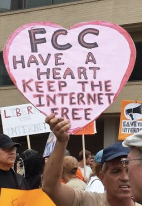
White House Calls On FCC To Reclassify Broadband Under Title II, Protect Net Neutrality
Consumer advocates urging the FCC to protect net neutrality by reclassifying broadband as a Title II “common carrier” service have picked up a surprising new ally this morning: the President of the United States. [More]
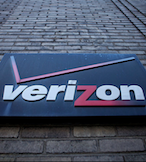
Verizon: We Will Sue FCC Again If “Hybrid” Net Neutrality Happens
Verizon really does not care for net neutrality rules. They successfully sued to get net neutrality overturned, but it just won’t stay dead enough for them. They’ve tried firmly insisting that everything is fine as is, and yet the FCC keeps actually moving toward enacting some new regulation in the few remaining weeks of the year. So now Verizon is making it very clear: if the FCC tries to make any part of the internet a common carrier, Verizon will drag them through court. Again. [More]

FCC To Propose New “Hybrid” Approach To Net Neutrality
The FCC proposed their new, “fast lane” net neutrality rule back in May. Since then pretty much everyone — from Congress to 3 million regular people, to members of the FCC — has objected in one way or another. And now it looks like FCC Chairman Tom Wheeler is going to revise the plan. [More]
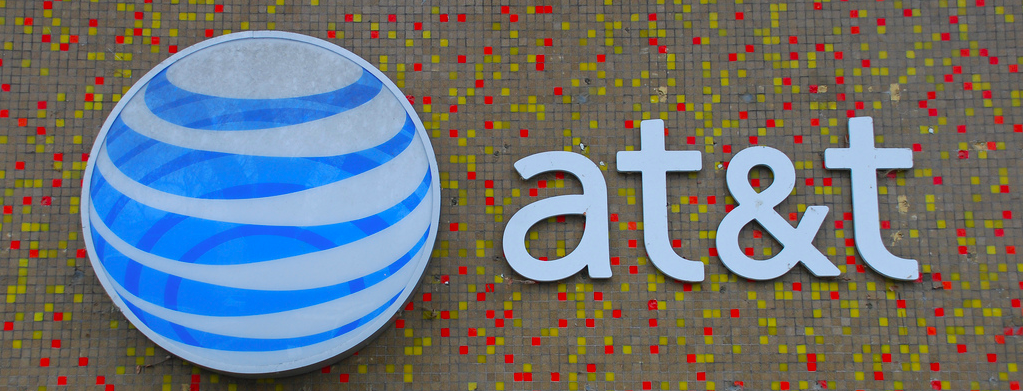
Why AT&T Is Being Sued Over Data Throttling But Verizon Isn’t (Yet)
The glory days of unlimited mobile data plans are long behind us. For years, even the owners of “unlimited” plans have been subject to mysterious and inconsistent limits from their mobile providers. Yesterday, the poorly communicated limits of unlimited data became the core issue of a large lawsuit the FTC filed against AT&T. It’s the first time the agency has tackled data throttling at all, but if many companies are doing it, why target AT&T and not everyone else? [More]

FCC Pauses Review Of Both Media Mega-Mergers Because Content Companies Won’t Share Confidential Info
The slowly-turning wheel of the approvals process for two big media mergers has temporarily ground to a halt, as the FCC today announced delays in their reviews of both AT&T’s planned acquisition of DirecTV and also the Comcast/Time Warner Cable union. The delays in both proceedings stem from the same core issue: media content companies who don’t want their rivals to learn their secrets. [More]

Aereo To FCC: No, Really, We’re A Cable Company Now. Treat Us Like One, Pretty Please?
Streaming broadcast TV service Aereo was unceremoniously shut down by the Supreme Court last spring, but although they suspended all operations it wasn’t entirely the end of their business. Either Aereo or the law would have to change in order to get them beaming TV around again. Since the relevant law is immovable in the current political climate, that leaves change on Aereo’s end. But the last two attempts Aereo’s made haven’t ended well for them. Is the third time the charm? [More]
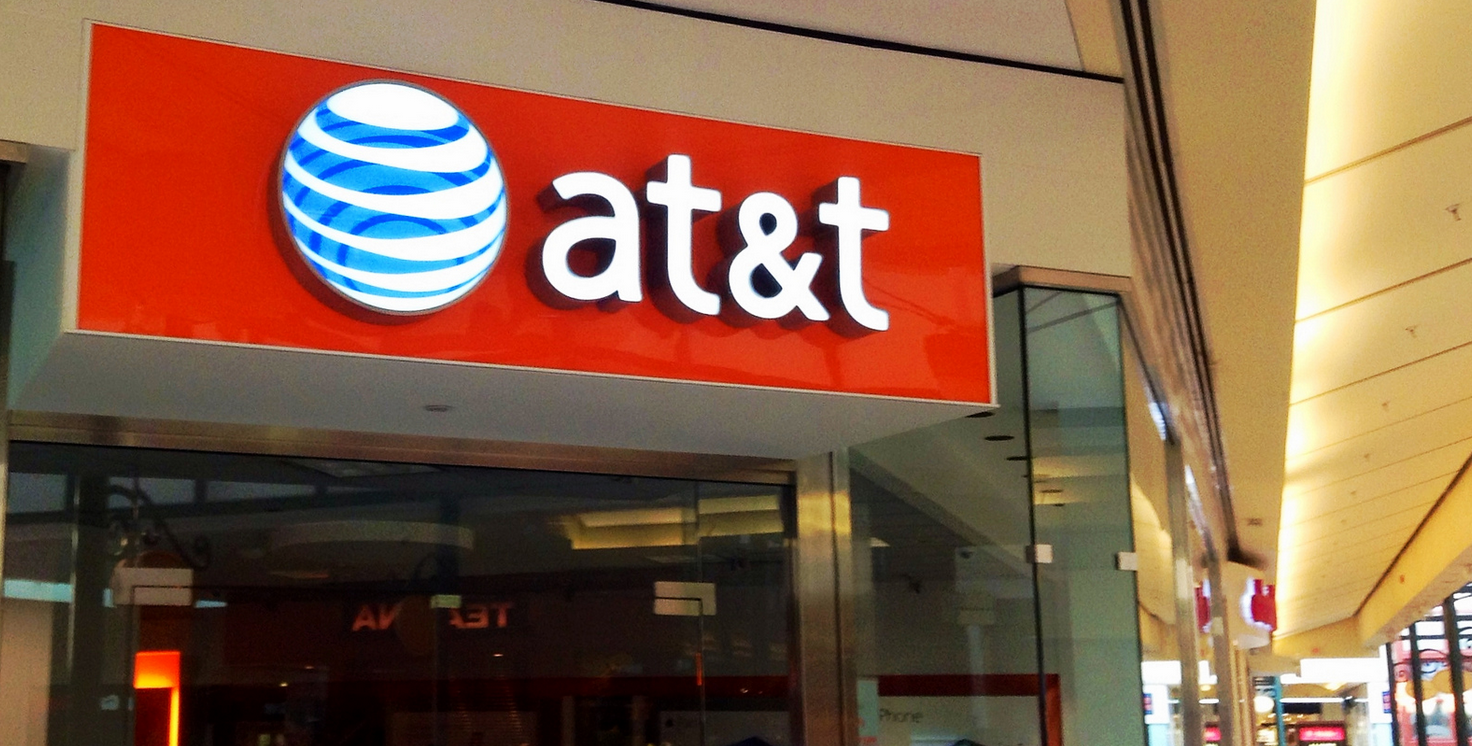
AT&T To Pay $105 Million To Settle Wireless Bill-Cramming Charges
In a few minutes, the Federal Trade Commission, the FCC and attorneys general from 50 states and the District of Columbia will announce a $105 million deal with AT&T that settles allegations that the company has profited off the practice known as “bill-cramming,” third-party charges illegally placed on customers’ wireless bills without authorization. [More]

Marriott Fined $600K Because It’s Illegal To Block WiFi Hotspots
When a major hotel chain makes money by charging a fee for in-room Internet service, it might be tempted to do something that makes it difficult for visitors to use their own WiFi hotspots so that they have little choice but to pay up for the hotel’s Web access. Thing is, that’s against the law. [More]
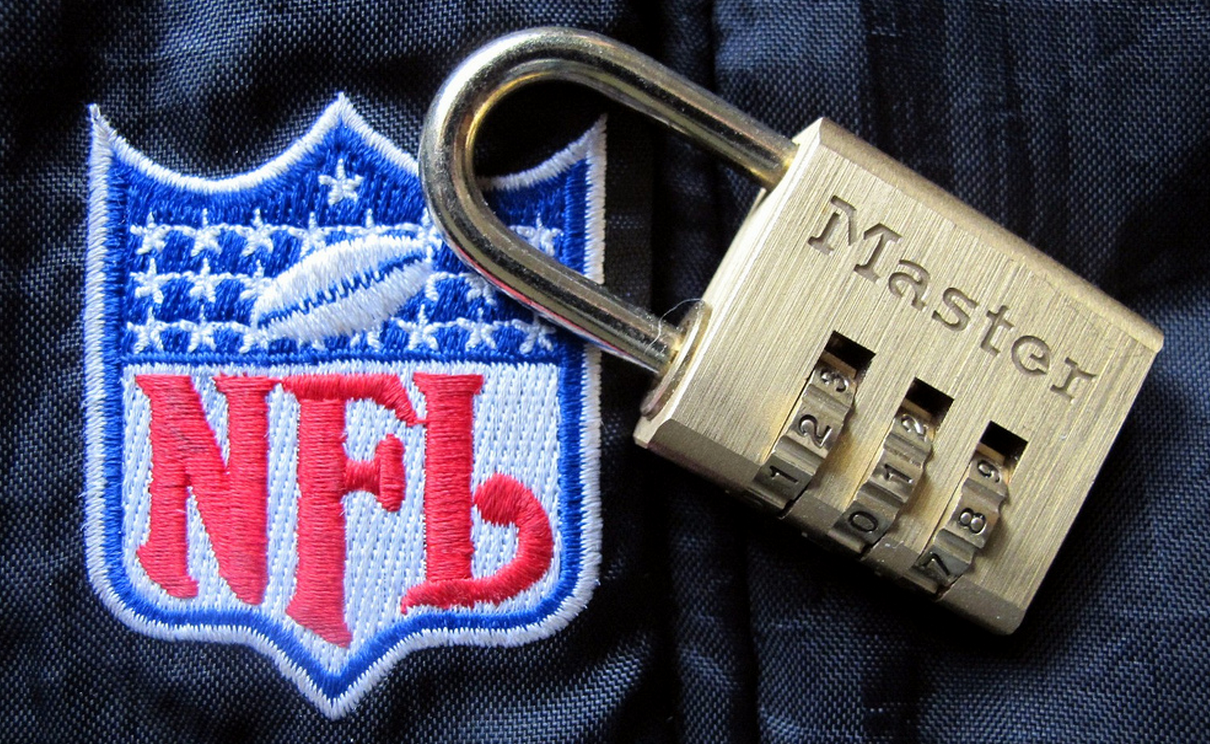
Senators: NFL Could Lose Tax Breaks, Antitrust Exemption If Blackouts Continue
Earlier this week, the FCC voted unanimously to repeal its 39-year-old Sports Blackout Rule, which that prevented the broadcasting of certain sporting events if they weren’t sold out. While that decision removes federal involvement in blackouts, the pro sports leagues may still negotiate private blackout deals with broadcasters. However, a pair of prominent U.S. Senators have warned the NFL to not go that route. [More]
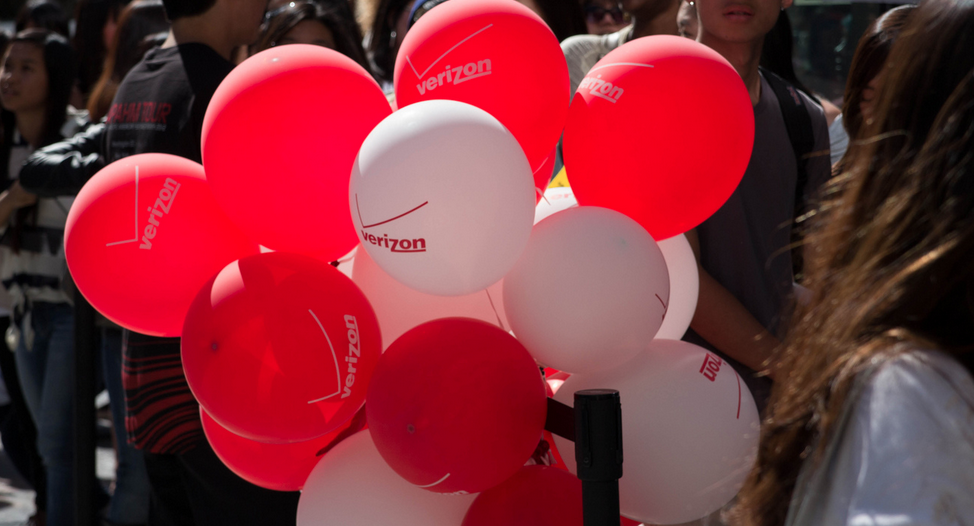
Verizon Realizes Throttling LTE Users Is A Stupid, Stupid Idea; Decides Not To
Back in July, Verizon Wireless ticked off its few remaining unlimited data subscribers and caught the unwanted attention of the FCC Chairman, when it announced that it would begin throttling data speeds for its users with the highest level of wireless broadband consumption under the guise of “network optimization.” That plan was supposed to kick in this morning, but Verizon has decided that maybe it’s not such a good idea. [More]
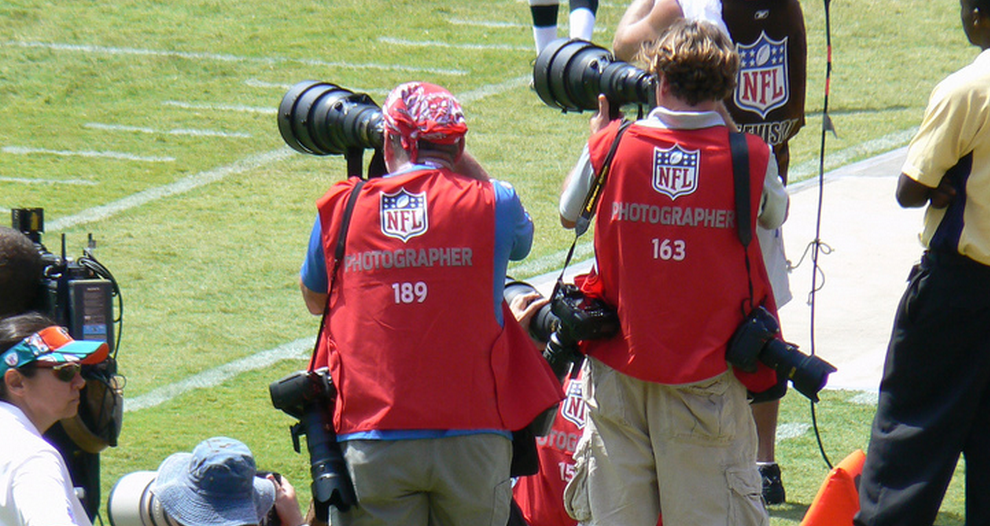
FCC Repeals Sports Blackout Rule, But Blackouts Will Continue
Calling the NFL on its bluff to move its broadcast games to cable, the FCC voted unanimously this morning to repeal the outdated sports blackout rule that prevented the airing of certain games that weren’t sold out. Though it doesn’t mean the end of blackouts. [More]

Media Companies Afraid To Show FCC Their Comcast Contracts Because Rivals Might Learn Their Secrets
It’s no secret that media companies are pretty worried about the repercussions of letting Comcast and Time Warner Cable merge. But what is a big secret are the agreements that those companies have with Comcast and TWC right now. They’re so secret, in fact, that networks are refusing to share any data with the FCC because they’re afraid their rivals might benefit from it. And that’s a problem, because without that data, the FCC is missing one of the key tools it should have in its toolbox as it evaluates the merger. [More]
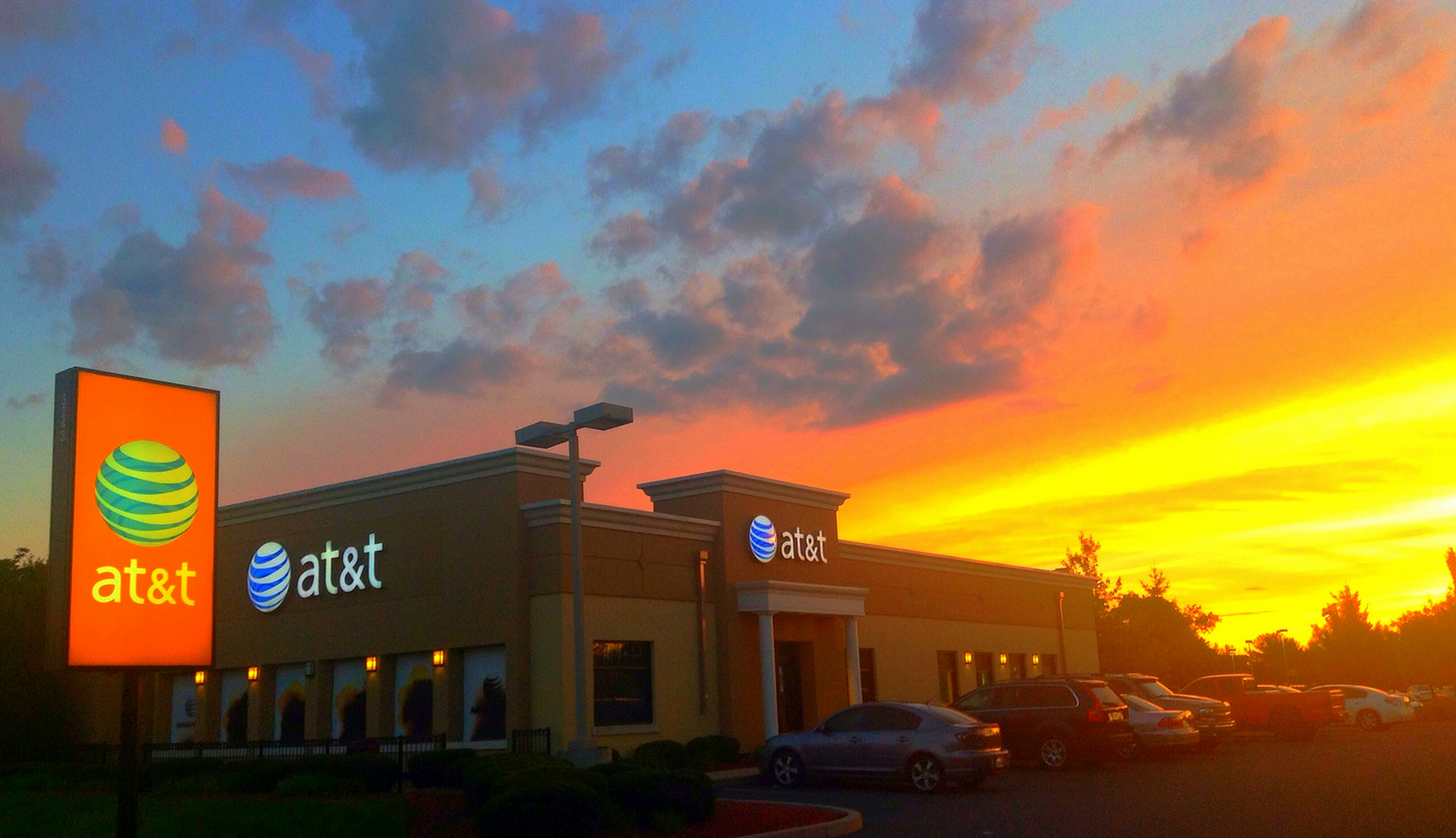
AT&T, Where “Congestion” & Data Caps Only Apply To Existing Users
Ever since AT&T and Verizon got rid of unlimited wireless plans, both companies have used the questionable excuse of “congestion,” claiming that throttling data after remaining unlimited users pass an arbitrary threshold was necessary to keep data flowing. But in plans announced over the weekend, AT&T is effectively once again offering unlimited data (for a limited time) to new customers, which makes one wonder — what happened to all that congestion? [More]
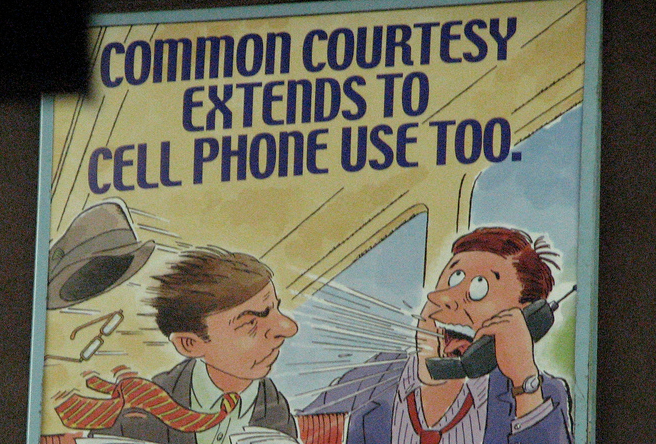
Lawmakers: Phone Calls On Planes Are Unsafe Because People Will Have Fights
Flying is painful enough as it is. Between arduous lines at security and ever-shrinking legroom, passengers are already plenty on-edge. Adding cell phone chatter to an already-tense high-altitude situation could be a recipe for disaster, and 77 members of Congress agree. [More]

Newest Critics Of FCC’s Net Neutrality Plan: The FCC Commissioners Who Voted For It
The controversial and problematic current suggestion for net neutrality — a two-tiered, “fast lane” approach to the rule — was approved in the FCC in May on a 3-2, strict party-line vote. Since then, however, the proposal has gotten seemingly more unpopular by the day. Congress hates it. The internet hates it. Nearly all of the record-smashing 3.7 million comments to the FCC hate it. But the newest, and most meaningful, opposition might have just popped up from an unexpected source: two of the three FCC commissioners who voted for it. [More]


